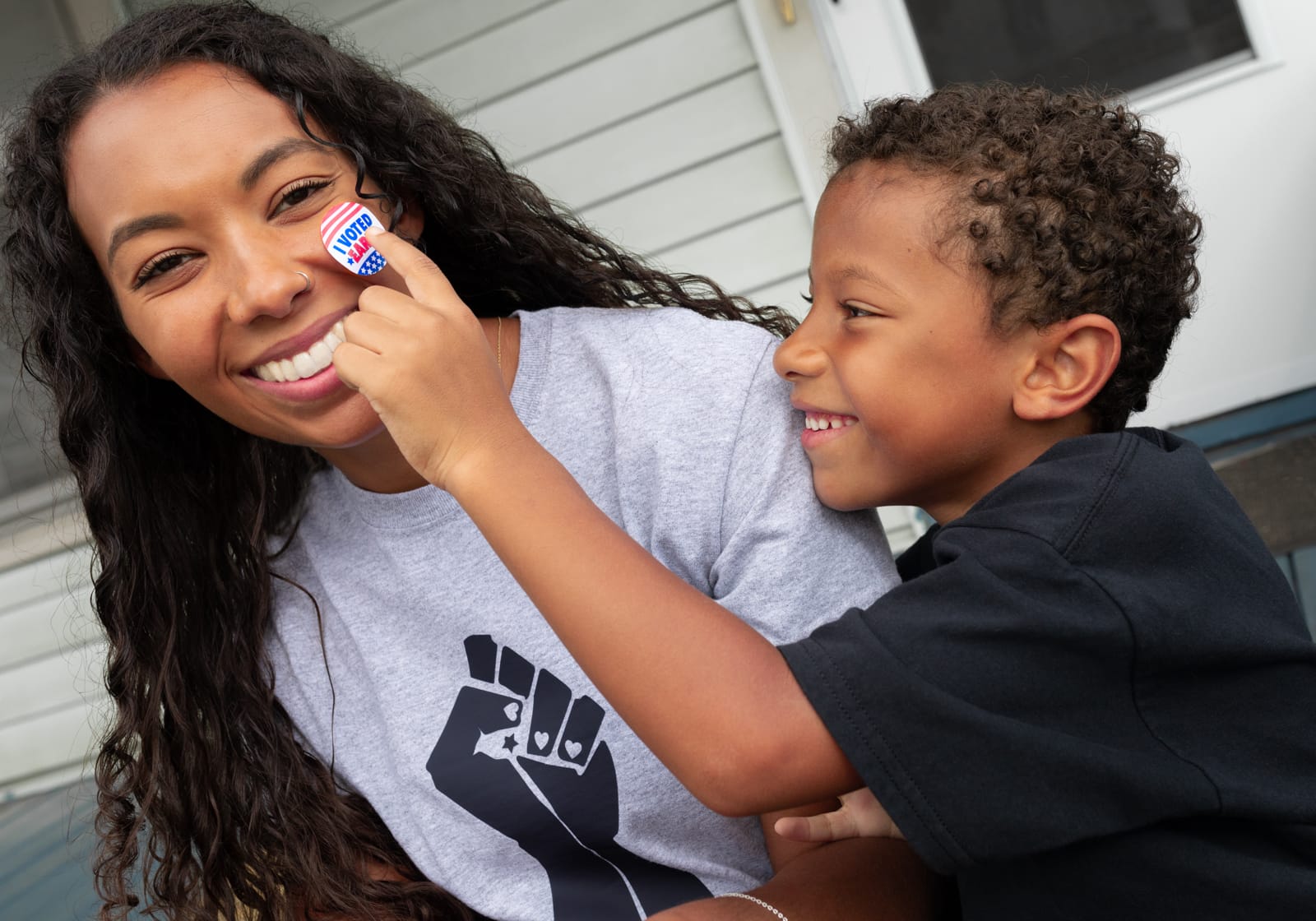
MPH Health Equity & Criminal Justice
Unique and Important.
Touro University California is the first graduate program accredited by the Council on Education for Public Health to offer a concentration in Health Equity and Criminal Justice (HECJ). Join our one-of-a-kind concentration and explore the intersection of health and the U.S. justice system.
Our Health Equity & Criminal Justice Track
Framed within core public health concepts, the HECJ Concentration focuses on the intersection of health and the U.S. justice system and addresses the public health impacts of criminal justice and mass incarceration on individuals, families, and communities.
Our specialized curriculum is centered on the criminal justice system, strategies for prevention and reduction of justice involvement, correctional health systems, reentry and recidivism, and social and community impacts of incarceration.
As a student in this concentration, you will:
- contribute to the expansion of research and policy in the promotion of social justice and health equity.
- be well-prepared to advocate for and address the needs of justice-involved populations.
- as a MPH student with clinical training, gain knowledge and skills needed to provide medical care for incarcerated and post-release populations.
- Understand the historical origins of the criminal justice system and analyze the development of legal systems and the impact of mass incarceration in the U.S.
- Understand U.S. law and public health at the intersection of the criminal justice system.
- Investigate how systemic oppression, racism, and discrimination fuels justice involvement and its impact on public health.
- Evaluate the collateral consequences of criminal justice policy at local, state and federal levels and the impact on community health and well-being.
- Examine the cumulative effects of police violence on community trauma as a social determinant of health.
Formulate, analyze, and advocate for policies aimed to improve the health of populations impacted by the criminal justice system.
Health Equity & Criminal Justice Track Coursework
In addition to the core curriculum, you will take six credits, or two classes, in your health equity and criminal justice concentration.
PBHC 633 Criminal Justice & Public Health (3 units)
This course will provide students with an overview of the intersection between the criminal justice system and public health. Students will gain an understanding of how U.S. mass incarceration is a public health issue. Topics will include the history and philosophy of incarceration, criminal justice and policy, health issues in prisons, women and incarceration, reintegration after incarceration, the impacts of incarceration on families and communities, prevention, restorative justice, juvenile justice, disability justice, as well as institutional racism, police violence, mass incarceration, and the collateral consequences of incarceration.
PBHC 634 Criminal Justice Law & Advocacy (3 units)
This course will provide students with a foundation in constitutional law and civic education while focusing on a wide range of important issues in public health law, regulations, and the factors at play when developing advocacy strategies on issues that intersect public health and the criminal justice system. Students will gain an understanding of seminal and precedent-setting public health law cases that have led to policy reform in incarceration, prevention, correctional health, and reentry health.
HECJ Public Health Field Study
The Public Health Field Study provides you with the opportunity to apply and integrate skills and knowledge acquired during your didactic coursework into public health practice, translating that experience to hands-on “real world” situations to mitigate the downstream effects of the criminal justice system on public health, as well as focusing on upstream solutions.
You will work with organizations to address the needs of justice-involved people and impacted communities. You may conduct your field study at California correctional facilities or community-based organizations, non-profit/non-governmental organizations, which include but are not limited to:
- Berkeley Youth Alternatives
- California Correctional Health Care Services
- Centerforce, Oakland, CA
- Drug Safe Solano, Vallejo, CA
- Health Education Council, Sacramento, CA
- La Clinica de La Raza Transitions Clinic, Vallejo, CA
- Life Learning Academy Charter High School, San Francisco, CA
- Solano County Jail Services, Fairfield, CA
- Roots Community Health Clinic, Oakland, CA
